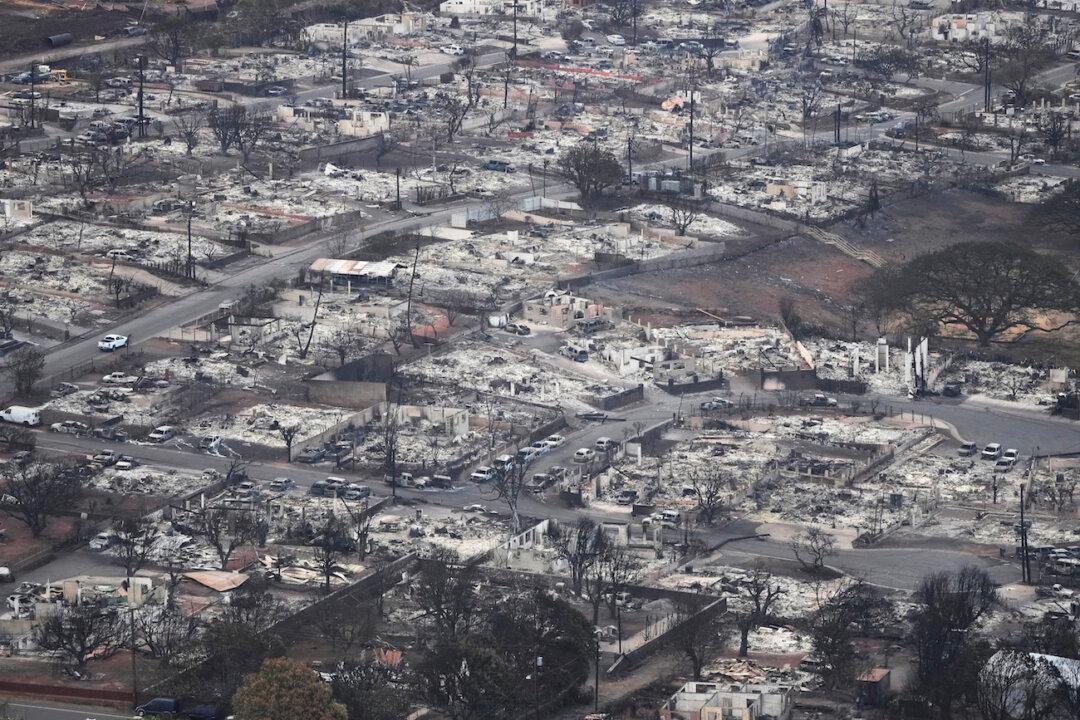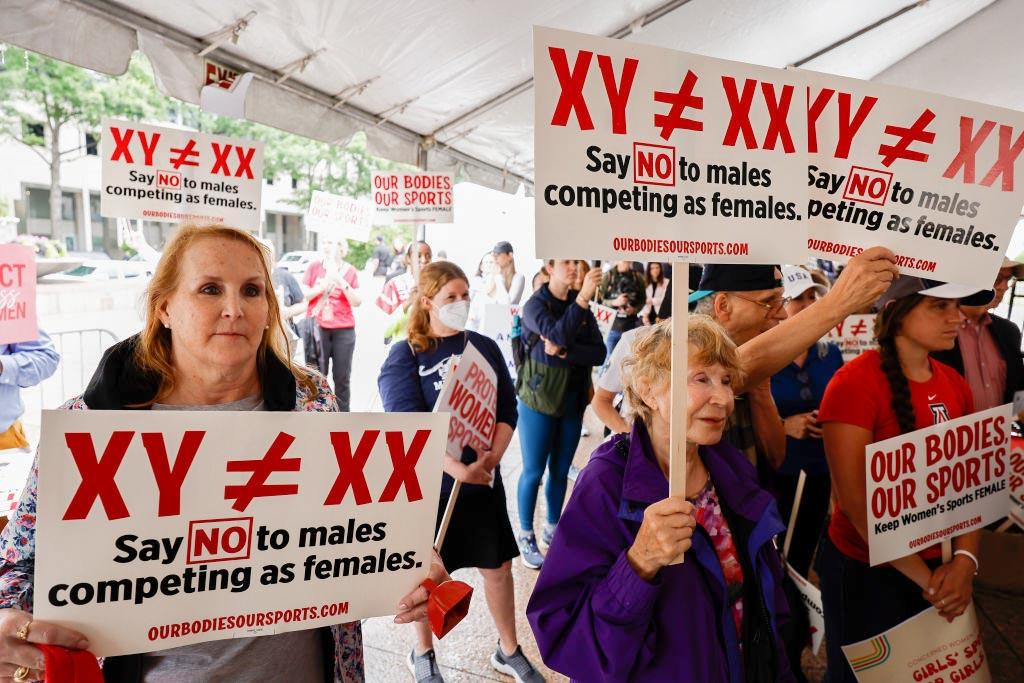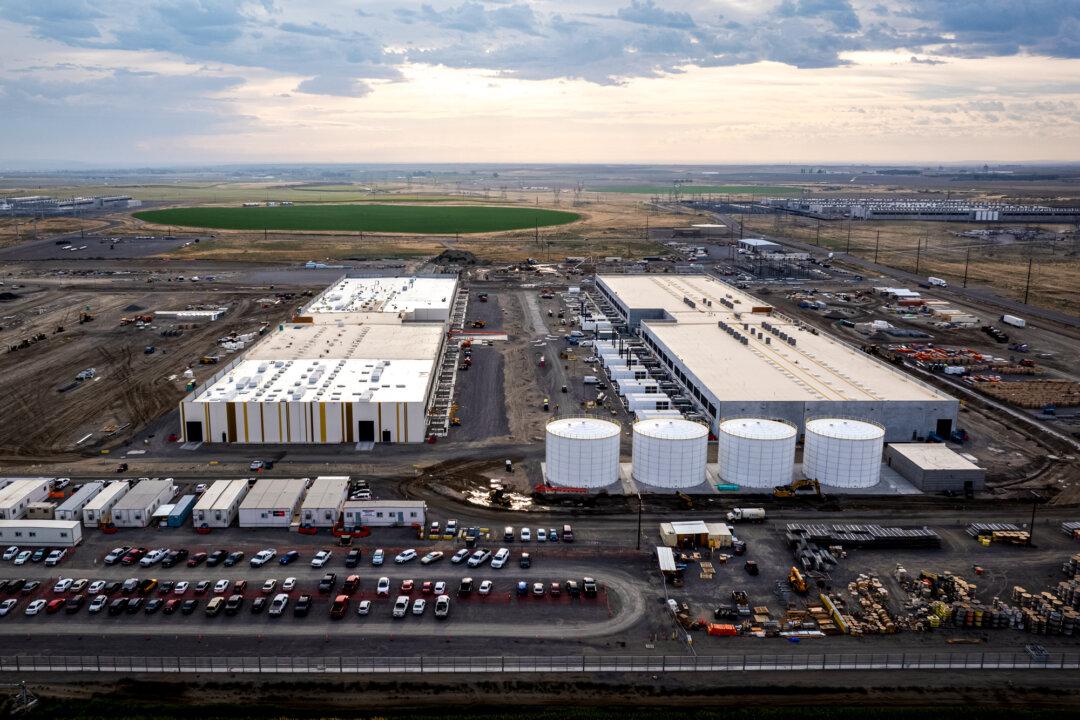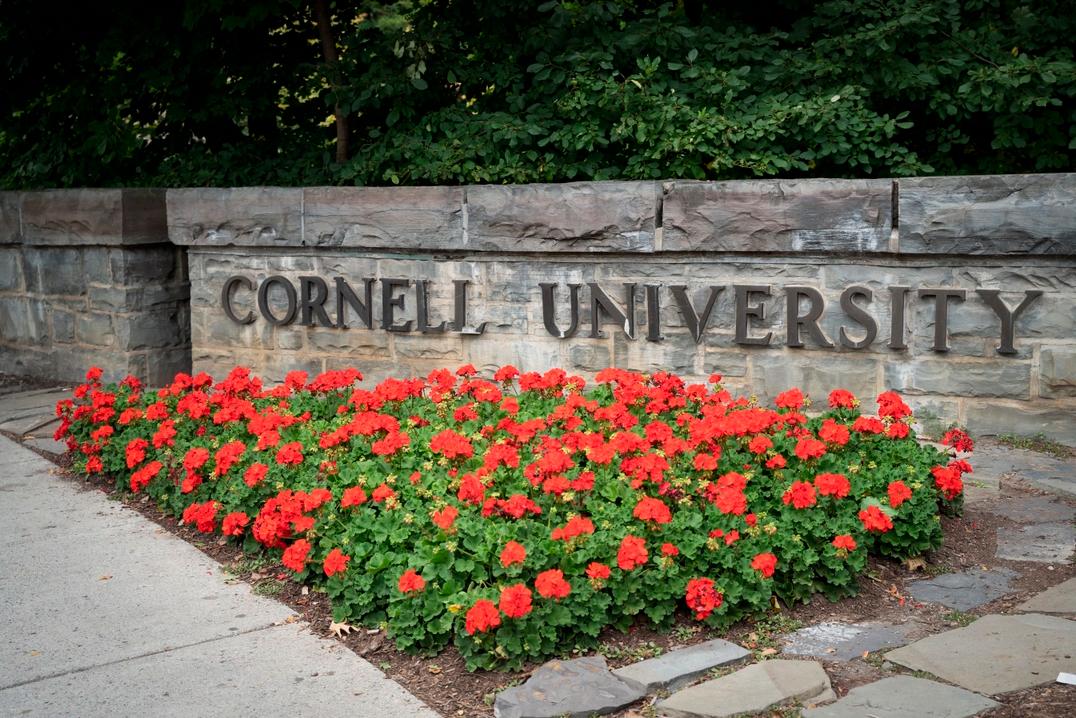The historic port of Lahaina Town in west Maui continues to smolder after catastrophic wildfires tore across the Hawaiian island overnight on Tuesday, Aug. 9.
The death toll stood at 55 by Friday morning, with at least 24 injured. Witnesses say those numbers are sure to climb in the coming days.





